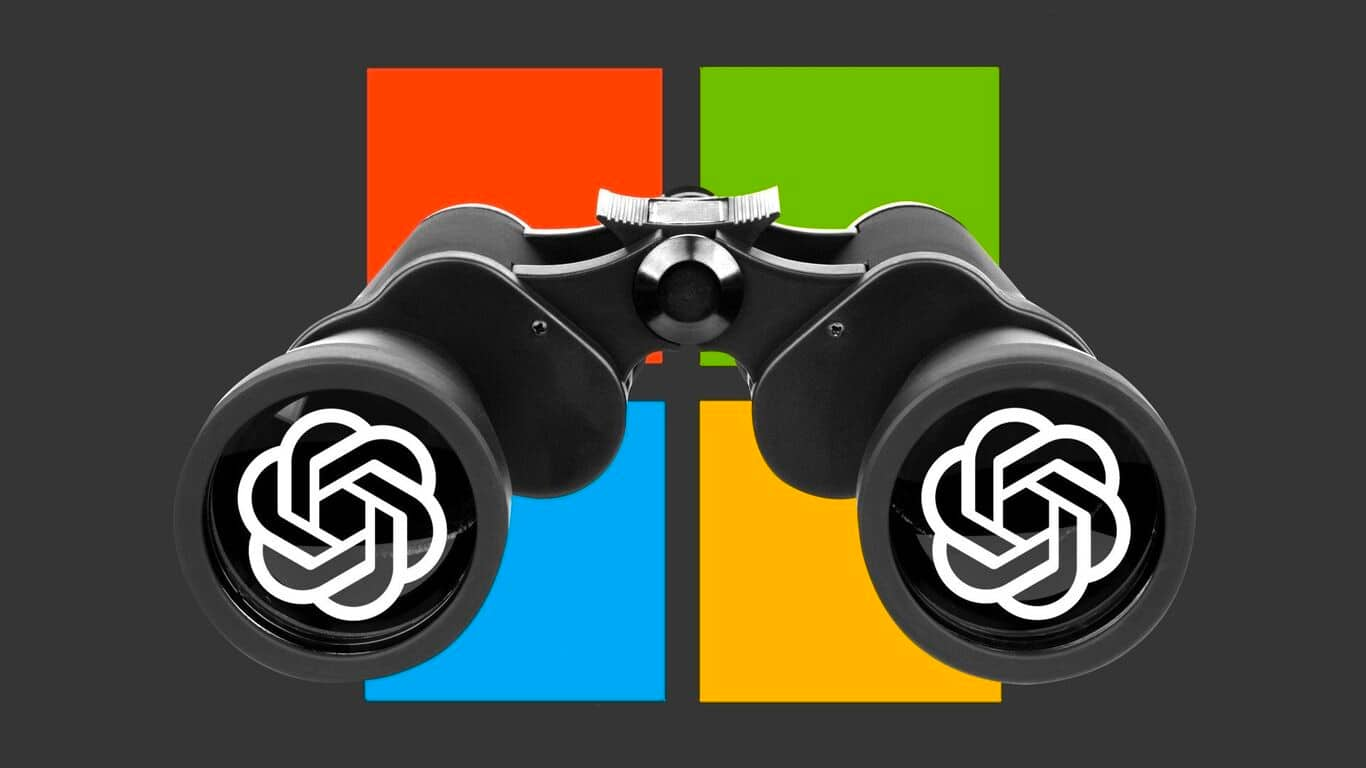
Going solo? OpenAI shuts down observer program following Microsoft's exit
What's the story
Microsoft has officially relinquished its observer seat on the board of OpenAI, effective immediately. The tech giant cited "significant progress" over the past eight months as a reason for its decision, stating it no longer sees the role as necessary. The company expressed confidence in OpenAI's direction in a letter to the AI firm.
Board reshuffle
OpenAI board undergoes changes post Altman's return
Microsoft assumed the observer seat following the temporary removal of OpenAI CEO Sam Altman in November last year. The tech giant played a pivotal role in reinstating Altman and implementing changes to OpenAI's governance. Since his return, the AI firm has restructured its board, retaining only Adam D'Angelo from the previous lineup and introducing new members including Bret Taylor as chairman and former Treasury Secretary Larry Summers.
Antitrust concerns
Microsoft's observer role draws regulatory scrutiny
Microsoft's observer role, which allowed it to attend OpenAI board meetings and access confidential information without voting rights, has drawn regulatory scrutiny. Antitrust watchdogs in Europe, Britain, and the US have raised concerns over the tech giant's control over OpenAI, particularly in light of its more than $10 billion investment in the AI firm. This scrutiny has led to questions about potential antitrust violations.
Board changes
OpenAI discontinues observer seats post Microsoft's departure
In response to Microsoft's decision, OpenAI has announced it will no longer have any observers on its board. The AI firm expressed gratitude toward Microsoft for its confidence in the board and the company's direction. This move likely dismisses previous speculations about Apple securing an observer seat on OpenAI's board.
Strategic approach
OpenAI reveals new strategy for engaging key partners
OpenAI has unveiled plans for a new approach to engage and inform key strategic partners, including Microsoft and Apple, as well as investors like Thrive Capital and Khosla Ventures. This announcement comes as Microsoft and OpenAI are increasingly competing in the AI technology market. Both companies aim to generate revenue and demonstrate their independence to regulators in order to address antitrust concerns.